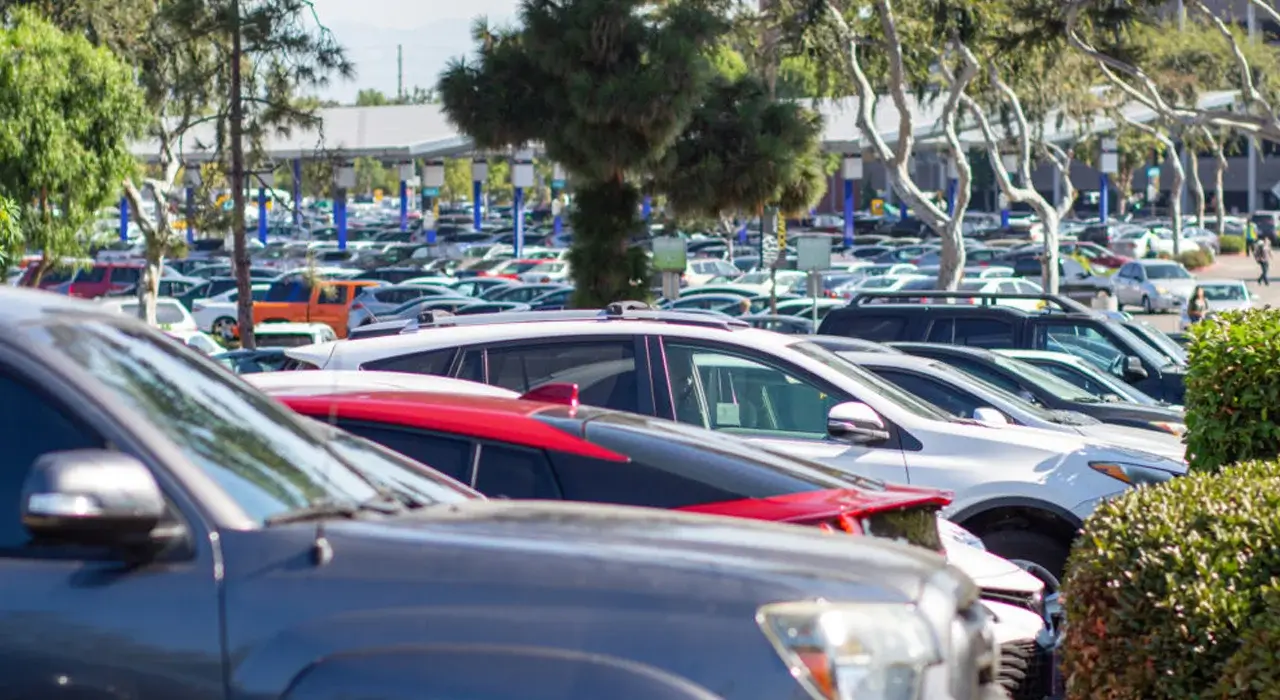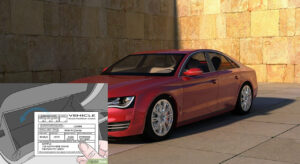February 2022 sees the introduction of some important changes in parking rules for British motorists, with the prospect of others that may not be so welcome in parts of the country. With parking, a major issue for almost all motorists in the UK, trying to introduce which are fair for all groups affected continues to be thorn governments have failed to grasp.
With new legislation on private parking likely to be tempered by looming restrictions across the country, it is likely that incoming and possible parking changes will please some and infuriate others.
Positive Private Parking Changes
After many years of trying, the Department for Transport (DfT) has introduced a Private Parking Code of Practice. Alongside easier access to MOT testing, this will be seen as a welcome development. Indeed, it is hoped, private parking clarity put an end to decades of frustration, fear, anger, and anxiety over the regulations applying to private parking.
Since clamping became illegal in private land, parking operators have turned to other measures to bring in revenue. These have included practices that many motorists, especially in certain demographics, have found intimidating and frightening. For others, the perceived unfairness, heavy-handedness, and lack of clarity have led to plain anger.
Widely reported incidents are: things like being charged for very minor, or even unexplained, offences; illegible and/or inaccessible regulation notices at private car parks, leading to offences committed unknowingly; slips when entering digital information at meters; and the alleged practices of operators offering bonuses to debt collectors.
Popular For You: 11 Best Boss Car Speakers Review
This latter has also been compounded by the use of pseudo-legalese in written correspondence, which in turn frightens many drivers into paying added-on fees that companies have no right to charge.
The new regulations mean: a maximum charge of £50 for non-serious “offences”, and a 50% early payment discount for early payment; the banning of extra third party charges for non-payment; a ten minute grace period, both before fines can be issued and for drivers to think about the terms and conditions of their chosen spot; better signs, easier to understand conditions, and clear advice the appeals procedure; and sanctions for any company using intimidatory, pseudo-legal working in any communications.
Possible Changes to Footpath Parking
While the consolidation of private parking rules will be universally welcomed by UK drivers, if not parking operators, there could be other significant changes in regulations that may be much more problematic.
While the fees for private parking only apply outside of London, that city is home to a raft of regulations that do not affect the rest of the country. This could change if a study called for by academics and user groups is carried out and enacted to bring the rest of England at least in line with its capital.
In London, it is already an offense to park on the footpath, whether partially or totally. This has seen many of the capital’s boroughs increase revenue from parking charges, and quite a few motorists to return to their vehicles to see them gone, after being picked up and towed away to municipal pounds. As the capital also has many measures, such as congestion charging, which deter motorists from using central roads, this is seen as another positive way of improving access for pedestrians and wheelchair users.
However, the story is often very different in the rest of the country. Town centers designed for horse-drawn carriages, or at least very many fewer vehicles than are on the roads today, simply do not have enough parking spaces, particularly at certain times of the day. As MOT test centers like those provided by checkmot will testify, this can do unseen damage in many vehicles and cause distress to footpath users.
Bad Compromise
In order for traffic to flow at least partially, many thousands of motorists try to compromise by parking their vehicles partly on the road and partly on paths that are simply not meant for motorized vehicles. This causes a host of problems for many groups of people, not least the partially sighted (especially those with seeing-eye dogs), wheelchair, and mobility scooter users.
Although many motorists either do not realize they’re causing problems or at least use this type of parking as a temporary measure, a number of charities are calling for the practice to be banned altogether, as it is in London. A government study ended in November 2020, and if recommendations are accepted, changes could be introduced very quickly.
Discover more from Locar Deals
Subscribe to get the latest posts to your email.





